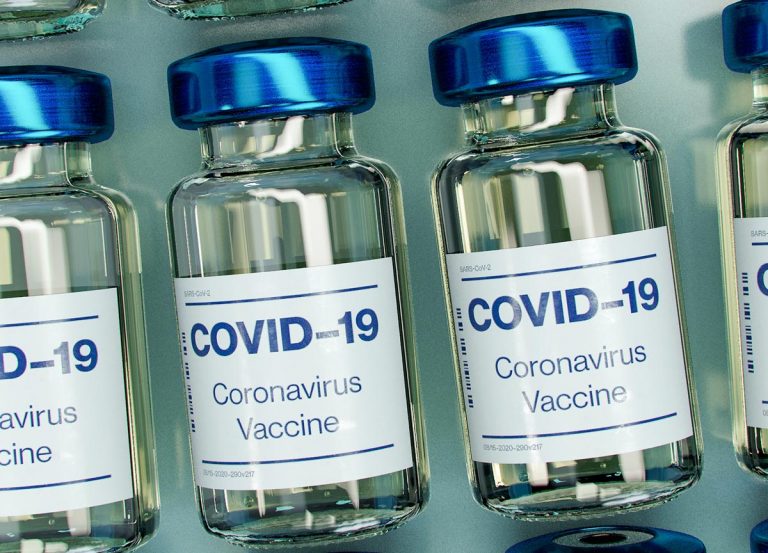Twitter is changing its approach to banning anti-vaxxer misinformation with a new strike system

A week ago, Twitter unveiled its new ‘Super Follow’ feature, which will allow users to charge followers $4.99 a month for extra content including subscriber-only newsletters, deals and discounts, and exclusive tweets if they choose to. Twitter users were quick to bash the OnlyFans and Patreon hybrid.
This week, the social media platform has made another move bound to upset some of its users; it is working on a new strike system that could lead to some users getting permanently banned for promoting vaccine misinformation.
Like Facebook just did mid-February, Twitter had also previously banned harmful anti-vaxxer propaganda aimed at the COVID-19 vaccines out of concern that it could make people more hesitant to get vaccinated. Now, the social media platform is adding more layers to its approach in order to make it more effective—a move that other platforms like Facebook and YouTube could certainly learn from.
On Monday 1 March, Twitter announced in a blog post that tweets deemed to be harmful misinformation will be subject to labels directing people to content curated by Twitter, public health resources, or the company’s rules. At the same time, users who continue to post such tweets will be subject to a strike policy. If a user posts too much vaccine misinformation and gets five strikes, their account could be permanently deleted from the app.
“Our goal with these product interventions is to provide people with additional context and authoritative information about COVID-19,” said the company. “Through the use of the strike system, we hope to educate people on why certain content breaks our rules so they have the opportunity to further consider their behavior and their impact on the public conversation.”
The new labels and strikes mentioned above have not yet been fully rolled out. First, Twitter says that labels will only be applied by human moderators, and will start with content in English. This will allow the social network to train its algorithms to make rulings on its own, a process that will take some time to develop. As Recode reported last year, Twitter’s automated labelling appeared to flag posts that weren’t misinformation because of keywords they used.
But labels and strikes are not the only punishment Twitter has to offer against vaccine misinformation. In late January, the social media platform also announced that it was developing a new tool called Birdwatch that’s designed to crowdsource expertise and beat back false narratives in a Wikipedia-like forum eventually connected to Twitter’s main app. The company, as it has throughout the pandemic, has been trying to elevate authoritative voices like Anthony Fauci’s to speak on vaccine-related issues. It’s also working with the White House to clamp down on vaccine misinformation.
But misinformation about the coronavirus pandemic doesn’t stop at vaccines; Twitter also started applying labels to COVID-19 claims that it deemed misleading but not drastic enough for removal, such as the idea that 5G cellular networks were somehow related to it.
How well Twitter’s new policies will work in actually curbing vaccine misinformation remains to be seen. Experts have highlighted that not all content opposed to vaccines is framed in terms of factual claims, and experts have warned that simply taking down false information about vaccines isn’t always the best approach for curbing vaccine hesitancy, as we’ve seen previously with the US’ measles outbreak.





